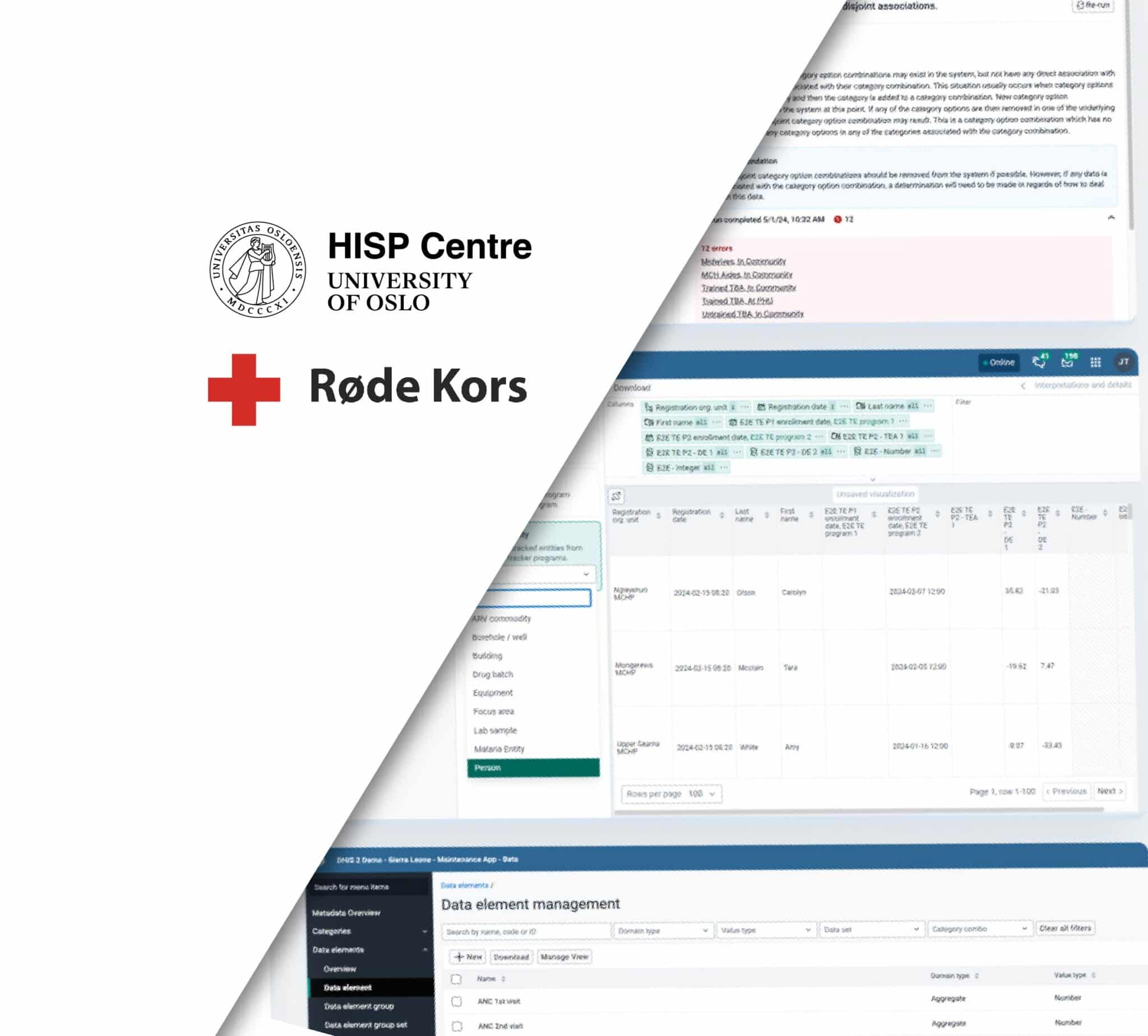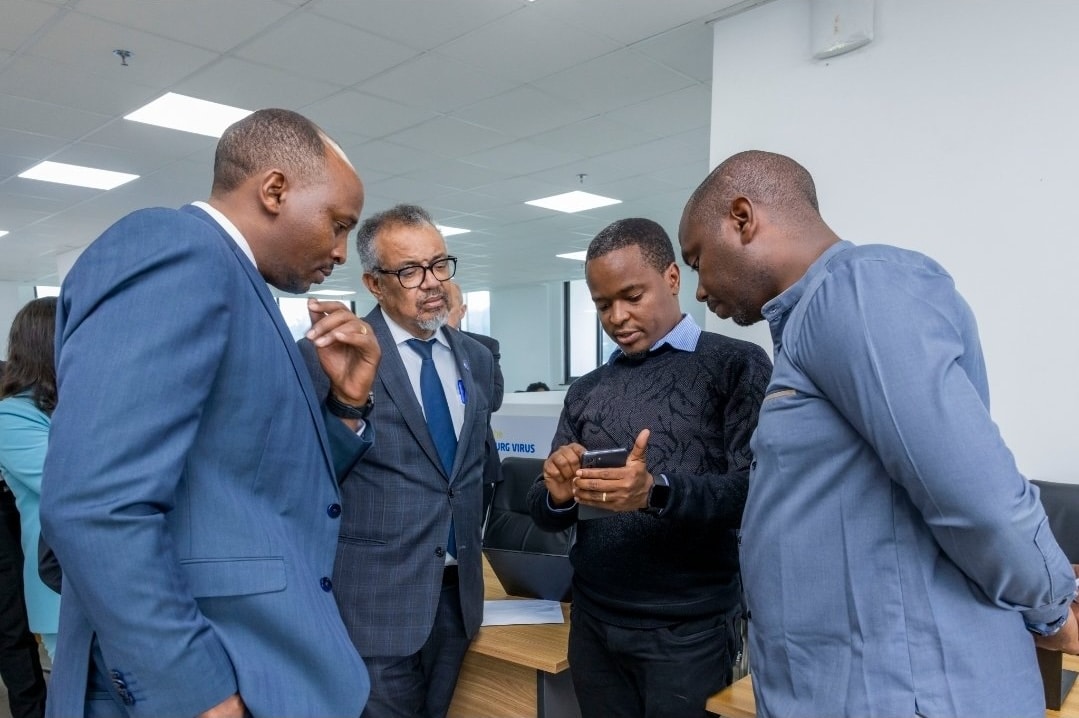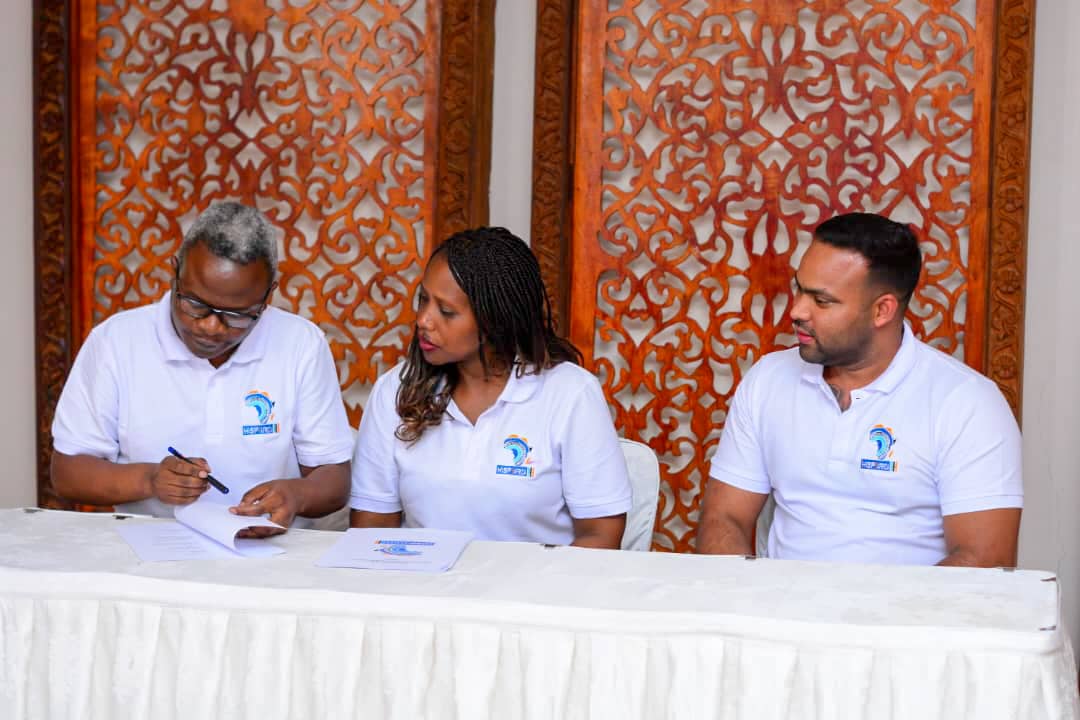HISP UiO becomes an interdisciplinary research center at the University of Oslo focused on strengthening health information systems in low- and middle-income countries
The HISP Centre leads cross-cutting action research projects addressing global health issues from HIV to COVID-19 in collaboration with national and international partners, establishing the University of Oslo as a leader within global digital health
On 1 January 2022, the HISP project at the University of Oslo (UiO) Department of Informatics became the HISP Centre at UiO. The HISP Centre is an interdisciplinary center that promotes research, innovation and capacity building in digital global health and related areas, helping low- and middle-income countries to deploy digital tools to monitor public health, combat and prevent pandemics, and manage treatment programs for severe illnesses like Malaria, Tuberculosis, and HIV. The center works in partnership with national and international actors including Norad, the Global Fund, the Gates Foundation, PEPFAR, the CDC, Gavi, Unicef, and the WHO — with a combined investment of more than USD $23 million for 2022 — on the continued development, implementation and use of the open-source DHIS2 software as a Digital Public Good. Through this work, the HISP Centre supports the achievement of the United Nations’ Sustainable Development Goals (SDGs), particularly in relation to good health and wellbeing and quality education.
Focus on global collaboration and research-based capacity building to strengthen digital health systems in LMICs for public health management and pandemic response
As the global COVID-19 pandemic approaches its two-year mark, it is clear that digital health systems are highly important in the fight against pandemics and serious illnesses. For more than two decades, HISP has been working with international and country partners to support health system strengthening in the global south. More than 73 countries use DHIS2 as a Health Management Information System (HMIS), collecting and analyzing data on a variety of health programs. DHIS2 is designed as a flexible, generic software platform, allowing it to be adapted to new programs and domains. This allowed more than 40 countries to rapidly deploy DHIS2 systems for COVID-19 response and vaccination programs at national scale.
At the heart of this success is capacity building, carried out through research, education and training. The HISP Centre will continue to facilitate interdisciplinary research on information systems and contribute to research-based education at UiO, with responsibility for both Master and PhD programmes. This provides students with important knowledge and experience for careers in public health and information technology. More than 70 students have completed PhDs with HISP. Many of them have gone on to lead HISP groups throughout the global south, which work to support health system strengthening and capacity building in the countries and regional organizations that use DHIS2. The HISP Centre plays an organizing role in this global HISP network, which now includes 17 HISP groups in Africa, Asia and the Americas.
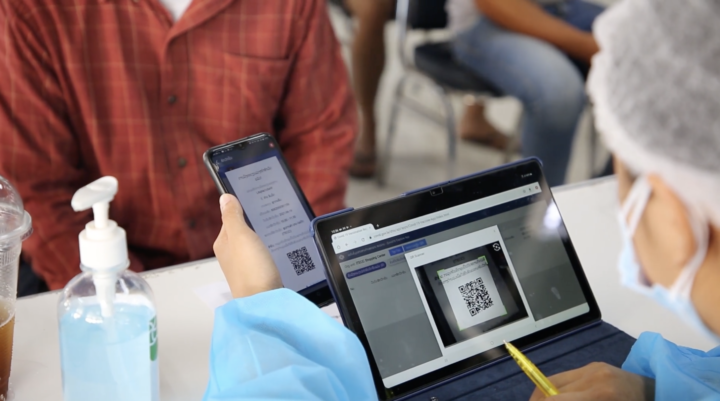
Growing from a single project in South Africa to a global research center: HISP continues to make an impact after more than 25 years
HISP began in post-Apartheid South Africa in 1994 as an action research project led by a joint team from the University of Oslo and the University of the Western Cape, with financial support from the Norwegian Agency for Development Cooperation (Norad). This collaboration resulted in the development of the original DHIS software, which was later updated and released as DHIS2. The HISP project grew over time, attracting support from international financial partners and collaborators in addition to Norad, including The Global Fund to Fight AIDS, Tuberculosis and Malaria, the Bill & Melinda Gates Foundation, PEPFAR, the US Centers for Disease Control and Prevention, Gavi, the Vaccine Alliance, Unicef, and the World Health Organization.
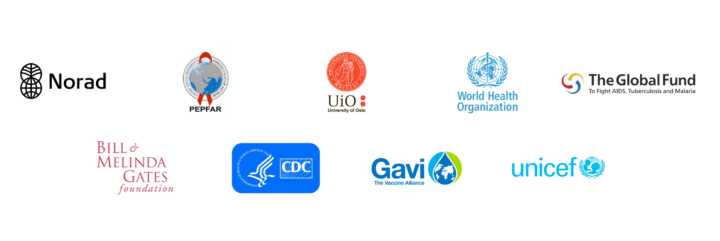
Through the end of 2021, HISP existed as a section within the Department of Informatics, with a total staff of more than 100 people located in Norway and abroad. In voting to establishing HISP Centre as an independent entity, leaders from the UiO administration and the Faculty of Mathematics and Natural Sciences recognized the potential for HISP to take a leading role within the field of digital global health, and the need for greater flexibility and independence to continue working in partnership across the public, private and NGO sectors. The designation of HISP as a UiO Centre will raise the project’s profile, allow for more dynamic interdisciplinary engagement and collaboration, and help establish UiO as an international meeting place for global digital health research and practice.
Professor Kristin Braa, who has led the HISP project for many years, will continue in her leadership role as the Director of the new HISP Centre. She will be supported by a new Head of Office, and will report to the Board of Directors of the HISP Centre, which will include representatives from the Faculty and external partners.
